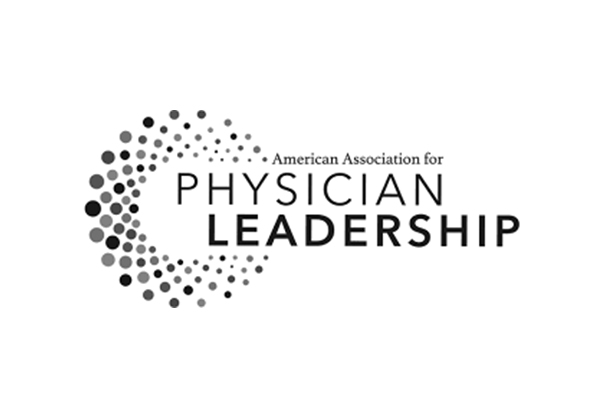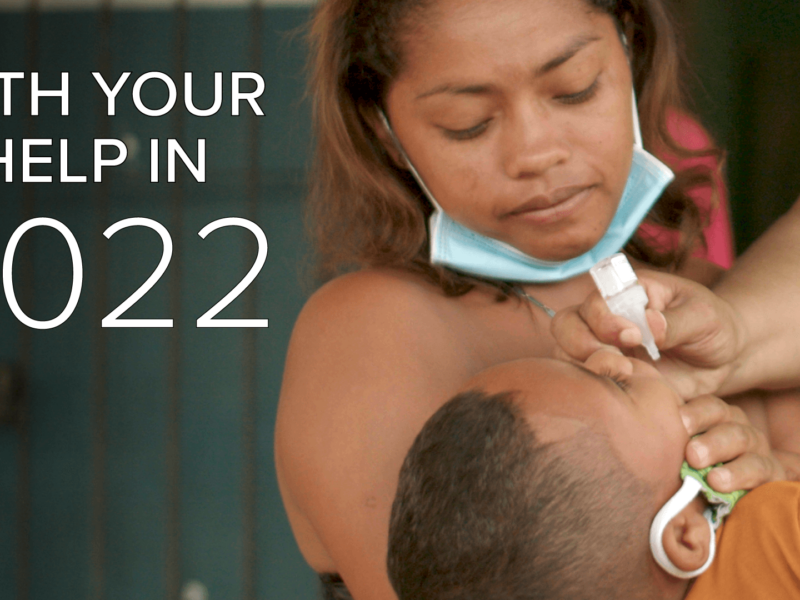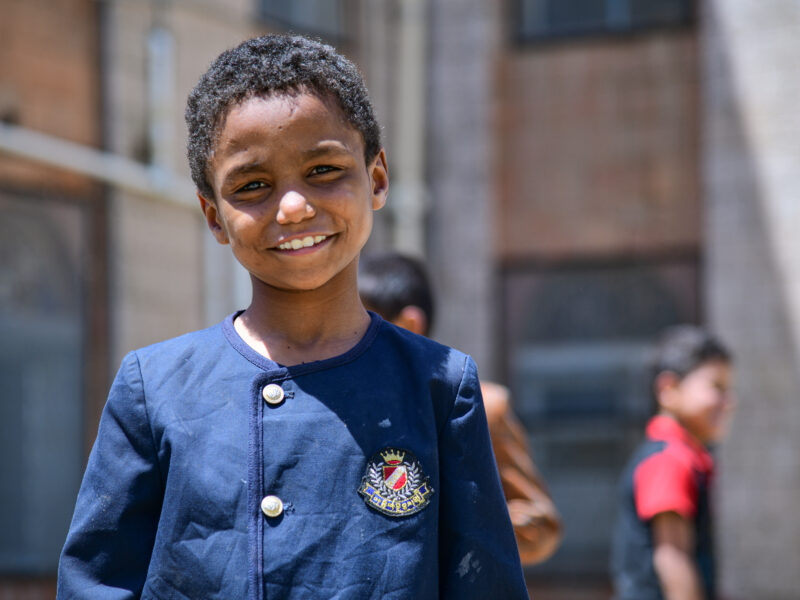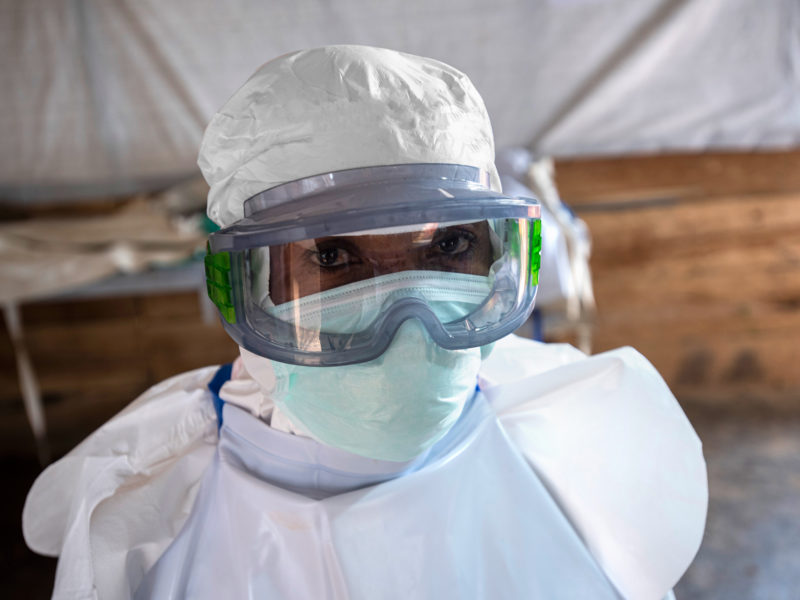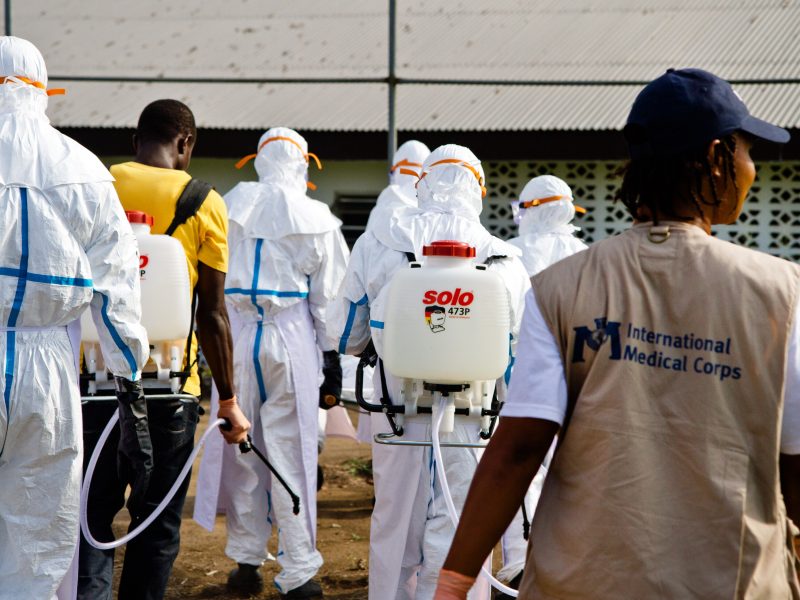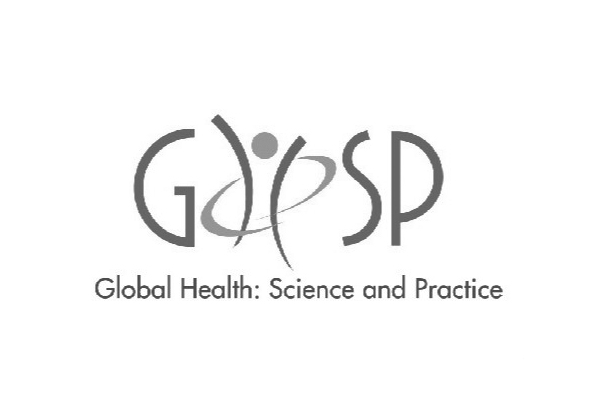International Medical Corps Joins Others at COP28 to Offer Solutions to the Health Impacts of Climate Change
A leader in emergency humanitarian response, as well as healthcare development and training in fragile and conflict-affected states, International Medical Corps will present on the health impacts of climate change at the 28th United Nations Climate Change Conference (COP28), which will be held November 30–December 12 in Dubai, UAE. The global first responder’s representatives at …
